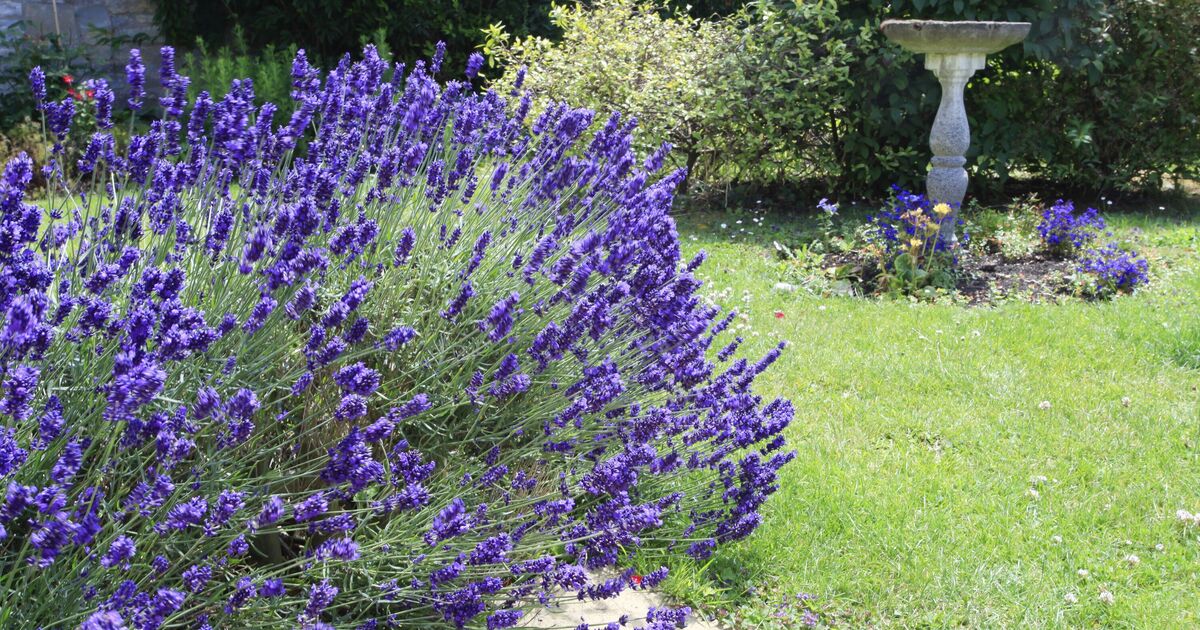Lavender is a beautiful, low-maintenance bee-friendly plant. However, it only stays easy to care for and stunning with one certain task – pruning.
Pruning your lavender bush allows you to maintain a manageable shape and size, but essentially encourages the plant to blossom for longer while preventing wordiness.
Removing faded stems prevents the plant from putting its energy into seed production so it instead produces more flowers.
Additionally, cutting dead and diseased stems back helps protect the plant from disease and pests.
A gardening expert from the TikTok page @homeofblossomcharity posted a video urging gardeners: “Don’t let your lavender get the winter blues! It’s that time of year to give your lavender a much-needed trim.
“Cutting back your lavender now will encourage healthy growth and beautiful blooms next season.”
The gardening guru started the video by saying that “if you want your lavender to look fantastic again next year” pruning is the one job gardeners need to be doing.
He noted that the flower heads of lavender plants will be dry now and will have lost their colour, so the thing to do is “prune off all the flower spikes”.
It would be best if you used sharp, clean cutting tools while pruning lavender. This ensures a clean cut and minimises the risk of disease.
Cut each branch at a downward-slanting angle, with the tip furthest from the rest of the branch. This allows rainwater to run off the cutting area, which helps prevent infection and disease.
Demonstrating how to prune them, the expert said: “Initially, we can just group the flower stalks together and just make a neat cut across.”
There’s no need to throw the lavender heads away as they still carry a lot of scent and can be used in homes to make them “smell great”.
Once all the flower spikes are removed, gardeners can take a closer look at the interior of the plant and remove any dead or dying foliage.
After all that is done, gardeners can return in September and reshape the whole plant for next year.










